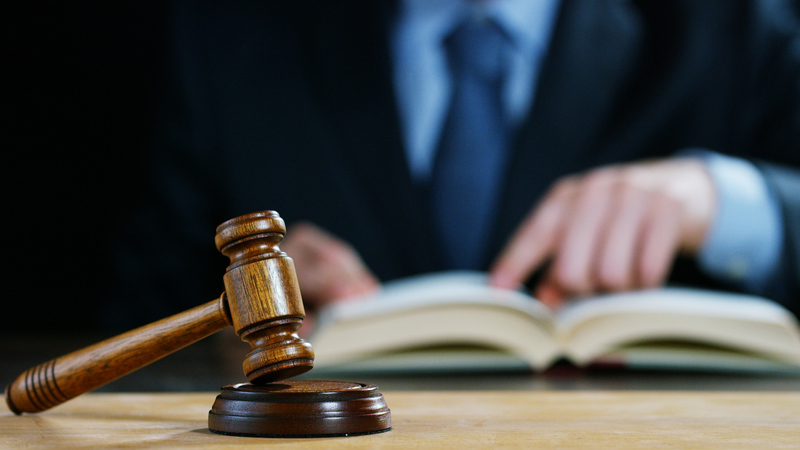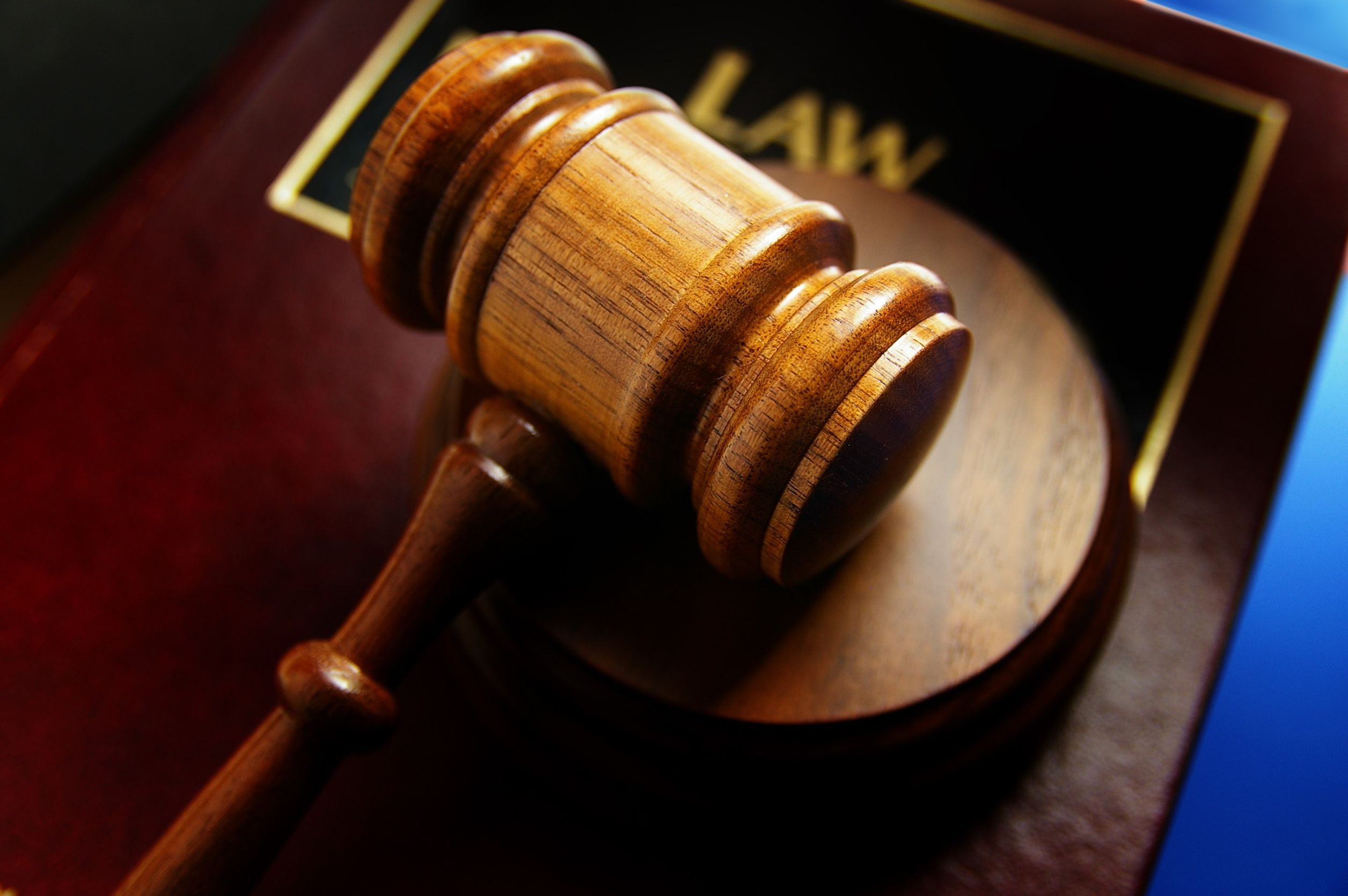A preliminary hearing, also called an evidentiary hearing is legal proceeding where the prosecutor, who is a state or federal employee, outlines the evidence which warranted the arrest of the suspect in a criminal case. The preliminary hearing is held so that the accused will not be held in detention for an extended period of time if the charges appear unfounded. The prosecutor sets out to prove that the crime was committed within the jurisdiction and there is sufficient evident to convince a reasonable person that the accused did commit the crime. The law grants anyone charged with a crime the right to a preliminary hearing, along with his Orange County criminal lawyer, the accused will hear the evidence the prosecution claims to have.
If the prosecutor manages to secure a grand jury indictment, the privilege of demanding a preliminary hearing can be waived. Many prosecutors attempt to arrange a grand jury which avoids the preliminary hearing. When the preliminary hearing is prevented, this precludes the Orange County criminal lawyer from gathering any evidence that the prosecutor presents.
A grand jury is not the same as the jury that actually hears the case in court. The grand jury is composed of third party citizens who review the evidence gathered by the prosecution. All the proceedings of a grand jury are confidential; the proceedings are conducted without a judge present; the defendant and his lawyer are also barred. The grand jury members will hear the purported evidence, if, in their opinion it has merit they will submit a “true bill,” if they believe the evidence is weak and a conviction will never be gained, a “no true bill” will be submitted. The citizens that make up the grand jury are picked from the standard jury pool and serve for a specified period of time.
During a preliminary hearing, what is called “hearsay evidence” can be taken into account. Hearsay is information presented by someone called as a witness even though they may not have actually witnessed the commission of the crime. An example of this would be when a police officer is called to testify what the customers of a bank saw and heard during the commission of a bank robbery. Although the policeman was not actually a witness to the crime, he was the investigating officer.
If you have been arrested and charged with a crime, you will need to arrange for an Orange County criminal lawyer as soon as possible to conduct your defense. You are invited to contact The H&M Law Firm.

